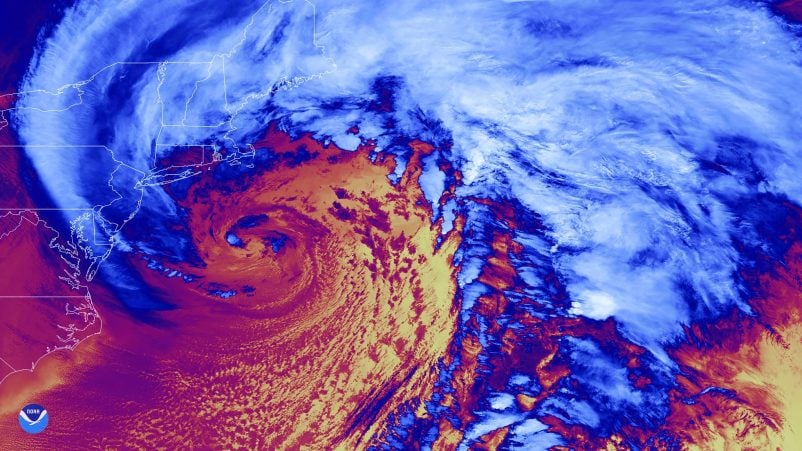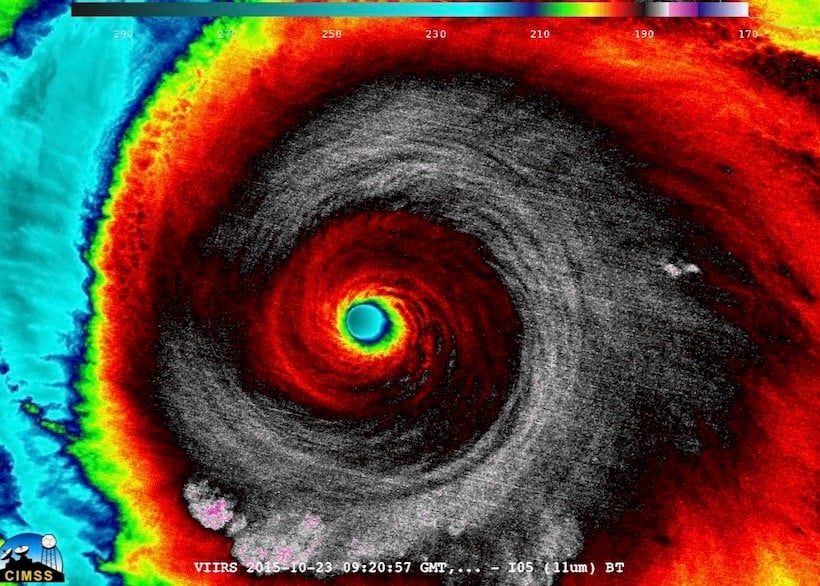Artificial intelligence has been the topic celebre at the World Economic Forum’s 2024 Davos conference. It’s having an AOL-moment, says Worth CEO Josh Kampel, comparing AI’s newfound accessibility to the time, decades ago, when it finally became easy for everyone to get on the internet.
AI is Having its Davos Moment
“Yes, we were using voice prompts with our phones,” says Kampel. “We were using AI, but we weren’t thinking about it as easily as we’re thinking about ChatGPT.”
Certain topics tend to dominate at particular Davos meetings. In past years, it was the internet of things, climate, and ESG (corporate environment, sustainability, and governance) goals. This year, AI dominates.
“I think AI is probably the most optimistic story that I’ve heard on the street,” says Dan Costa, Worth editor in chief.
But Economic Anxiety is Growing
But that talk isn’t all positive, or exuberant. “The conversation around risk [and] responsible AI continues,” says Kampel. “If we let these systems continue to make decisions, how do companies think about the risk that that enters into their company…if they’re putting out content that [puts them] at risk for lawsuits.”

Still, AI is one of the brighter topics this year, compared to growing concerns about the economy and equity. Most experts in the WEF’s Chief Economists Outlook predict the economy to be at least “somewhat weaker” in 2024, with Europe taking an especially bad hit.
And economic concerns are especially focussing on inequality in the distribution of wealth. “I’m seeing a lot more of a political conversation and a lot more of the challenges that we’re going to face as an economy and as a global society,” says Costa. “Oxfam put out its annual Davos report, and the news isn’t great.”
The blockbuster “Inequality Inc.” study reports that the world’s top five billionaires have doubled their wealth since 2020, while nearly five billion of the world’s eight billion people are worse off due to inflation, stagnant economies, or weak wage growth. (The outlook is somewhat better in the U.S., however, based on a multitude of studies that have come out in about the past week.)

Political Tensions Rising
“That is exactly what Davos was formed to prevent from happening,” says Costa. “There’s a lot of dissatisfaction with what the current system is, how it’s working for most people. And it’s leading to this political instability, which we’re seeing all across the globe,” and on both the political right and left.
This social and political tension is dominating in the busiest year in the history of democracy, with more than half the world going to the polls in 2024.
“Business leaders, political leaders, NGOs, activists are having those conversations here,” says Costa. “And everybody, at least in theory, is rowing in the same direction. So hopefully, some progress can be made.”







